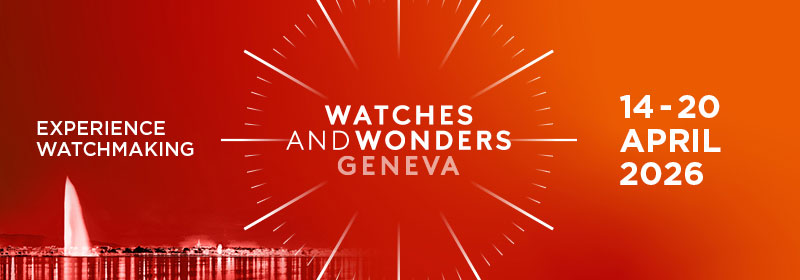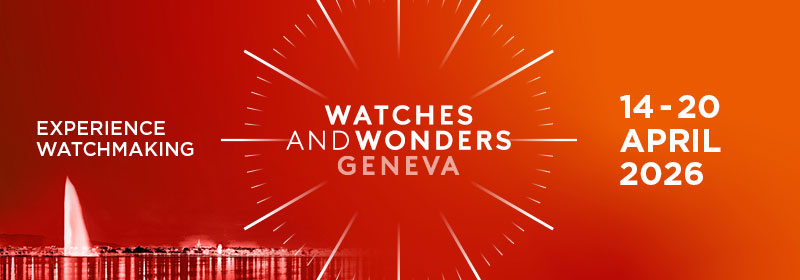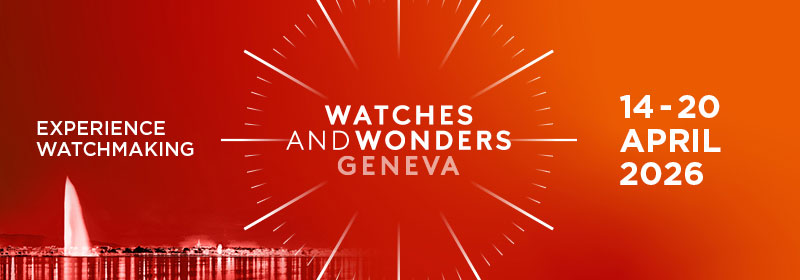
Genevan Hospitality: a time-honoured tradition
“Leisure clients are now the majority”
Created in 1893, the Société des Hôteliers de Genève is made up of ~90 establishments, which represent 85% of the city’s hotel capacity. We interviewed their President, Jean-Vital Domézon, who is also the Managing Director of the Hotel d’Angleterre.
How is the hotel industry doing in Geneva?
2023 was a record year with 3.5 million overnight stays, surpassing even our pre-pandemic records. This positive trend has continued in 2024, and we may even set a new record.
Since 2022, twelve new hotels have opened in Geneva, representing an 18% increase in the number of available rooms. For the 130 establishments in our municipality, that was nevertheless accompanied by a decrease in occupancy rate, especially in Geneva. On average, Geneva’s occupancy rate is 64%, which is low compared to the 70% and higher we experienced during strong years or the 90% rate seen in cities like New York.
How would you describe the typical Genevan hotel client?
Before the pandemic, businessmen and women represented 70% of our clientele, with the remainder being leisure customers. However, during the pandemic, business customers became accustomed to meeting over video instead of in person, which led to significant corporate savings. Leisure clients thus became the majority of our customer base… which is not a bad thing for hotels because those clients generally pay more for their rooms, while business customers often receive high volume discounts.
What are the main opportunities and challenges facing the Genevan hotel industry?
Geneva has a lot to offer and there is still a lot of room for Geneva tourism to grow. One of the challenges we face is that some Geneva residents fear overtourism, as we saw when they opposed extending the duration of the Fêtes de Genève.
Another challenge we face is staff recruitment and retention. Many employees quit our industry during the pandemic to pursue other less demanding careers. Luckily, things are progressively getting better and having a minimum wage salary of 26 CHF an hour (4,090 CHF gross per month) certainly does help with recruitment, even if it impacts hotel finances.
Do geopolitical tensions impact hotel occupancy rates?
Our clientele is from all over Switzerland (26%), the United States (13%), the United Kingdom (8%) and France (9%). The Gulf countries only represent 6% of our clientele. As a result, the impact of the conflicts in the Middle East — and in Russia and Ukraine — on our occupancy rates has been minimal.
What do you think of online platforms like Booking.com, Expedia and TripAdvisor?
As far as online reservation platforms go, Booking.com and Expedia are a kind of necessary evil. I would even go so far as to say they are actually essential because they generate between 30% to 50% of Geneva’s hotel reservations. Because they are so dominant, they are often able to impose hefty commission fees and enforce price parity (not because of contractual agreements, simply because they have strong bargaining power).
Platforms like TripAdvisor are equally essential because they often guide customers when they’re choosing a hotel. I not only read all the comments related to my hotel on TripAdvisor, but I am also proud to say that I personally respond to them, and I take them very seriously. The only downside is that in some cases, certain clients can use the comments as a form of blackmail.
What about the disappearance of the Geneva International Motor Show (GIMS)?
In the past, there were four big trade shows that took place in Geneva the first six months of the year: GIMS, Vitafoods, Watches and Wonders, and EBACE (the European Business Aviation Convention & Exhibition). There are only two of them that still take place today. In my opinion, it’s essential for our city to attract new trade shows, especially during the first few months of the year, which tend to be slower periods for most of the hotels.
I know that when there’s high demand, the cost of a room can double, but our organisation encourages Genevan hotels to be reasonable in an effort to increase the appeal of those kinds of events. We also encourage the organisers of Watches and Wonders to extend the number of public event days over a longer period, so that all of their visitors can get a hotel room in Geneva instead of having to go across the border.
What national and municipal entities are responsible for attracting clients for Genevan hotels and how are they financed?
On that note, Geneva Tourism plays a major role, despite having a budget that is significantly smaller than their counterparts in Zurich. Nonetheless, Geneva has a natural disadvantage: we have a lake, a rich history and beautiful shopping, but we don’t have snow-covered mountains that are part of that typical postcard image many tourists want to see when they come to Switzerland. Despite that, Geneva still accounts for around 10% of the tourism in Switzerland.
The Geneva tourism office is financed by tourism taxes (which are billed to all hotel clients) and by a tourism promotion tax (which is paid by all the businesses who benefit from tourism). However, that funding is insufficient, and we need to increase the budget, notably so we can increase Geneva’s visibility to be more on par with Switzerland Tourism.
What does the future of Geneva’s hotel sector have in store?
I see the future very positively, even though I’m expecting a few readjustments. Because there are more rooms on offer in the city, we should see a reduction in room prices, and there are also numerous renovations taking place which I think will contribute to boosting Geneva’s attraction as a tourism destination in the future.

















